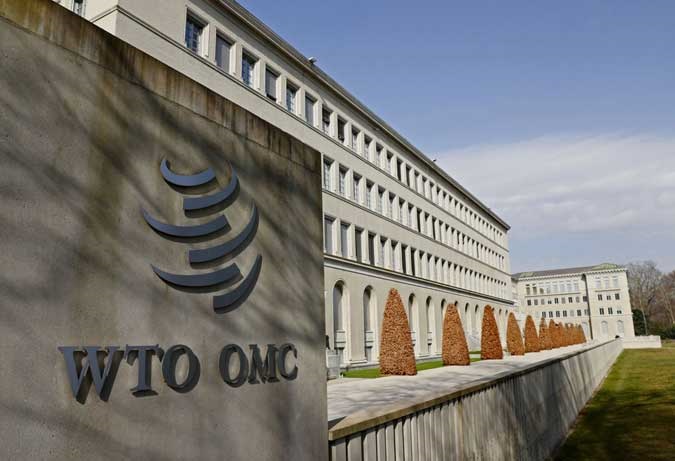|
Getting your Trinity Audio player ready…
|
Draft ministerial decision on intellectual property waiver woefully inadequate
Doctors Without Borders/Médecins Sans Frontières (MSF) and more than 150 civil society organizations—including People’s Vaccine Alliance, Oxfam, and Section27 of South Africa—called yesterday on trade ministers at the World Trade Organization’s (WTO) 12th Ministerial Conference in Geneva to not accept the current draft of the ministerial decision on the TRIPS agreement.
If adopted as it stands, this problematic version of intellectual property (IP) waiver on COVID-19 medical tools would essentially only waive certain IP on COVID-19 vaccines—leaving people across the world without access to lifesaving treatments and tests. Instead, WTO members must reject this version and adopt the original version of the waiver that was proposed 20 months ago to lift IP monopolies on all medical tools.
Open letter to Trade Ministers at the WTO
June 15, 2022
Re: Joint civil society organizations call to all WTO trade ministers to not accept the current draft of ministerial decision on the TRIPS agreement and demand a real waiver
Your Excellencies,
As civil society organizations, we call on all trade ministers to negotiate an effective and meaningful TRIPS waiver that covers all major IP rights on all COVID-19 medical products for all people. This is not what is currently proposed in the draft ministerial decision on the TRIPS agreement (WT/MIN(22)/W/15). We, therefore, call on you to not accept the current proposed COVID-19 decision on the TRIPS agreement as it does not deliver a meaningful global response to the pandemic and fails to uphold many of the key founding principles of the WTO, including non-discriminatory treatment by and among members, and transparency.
People continue to die from COVID-19 without access to lifesaving treatments. It is, therefore, indefensible that the draft ministerial decision does not immediately apply to all COVID-19 medical tools, including therapeutics and diagnostics. The failure of the text to address IP barriers beyond patents severely limits its effectiveness in increasing production and supply.
The draft ministerial decision is discriminatory as it arbitrarily excludes some of the world’s largest producers of medical tools and “encourages developing countries with export capacity to opt out” from using the proposed decision to produce and supply medical tools. This is contradictory and counterproductive to saving people’s lives by ensuring the access to medical tools they need.
It is unacceptable that the text restricts the free movement and rapid distribution of needed medical products during a global pandemic by imposing a ban on re-exportation of COVID-19 vaccines produced under the decision. This restriction cannot be justified.
Under the guise of “clarifying” existing flexibilities under the TRIPS agreement, the proposed text risks adding restrictions and complex bureaucratic conditions resulting in hurdles to the production and supply of COVID-19 medical tools. These, together with never-before required time limits and product limits applied to clarifying the existing public health flexibilities, would set a negative precedent for responses to future health challenges.
The process to reach the current draft text has been flawed, discriminatory, and lacking in transparency. It has given outsized influence to the opponents of additional IP flexibilities while limiting, or even excluding, the voice of some countries hit hardest by inequality in access to COVID-19 technologies. In addition, civil society organizations have not been able to participate meaningfully in the process and have been criticized for raising legitimate concerns.
The draft ministerial decision on the TRIPS agreement is inadequate and contradictory to the WTO’s foundational principles, and results from a flawed and exclusionary process. We therefore call on you, as trade ministers, to not accept this current text and demand a real and effective TRIPS waiver, as originally proposed under IP/C/W/669/Rev.1, delivered via democratic, transparent, and accountable negotiations.
This letter and full list of signatories can be found online here.
